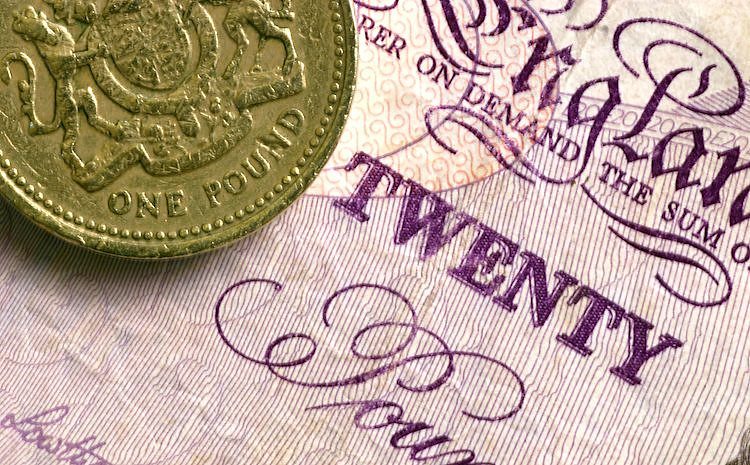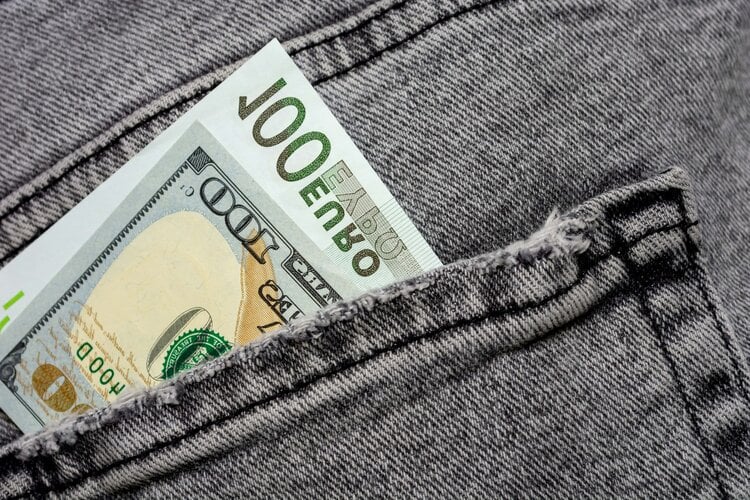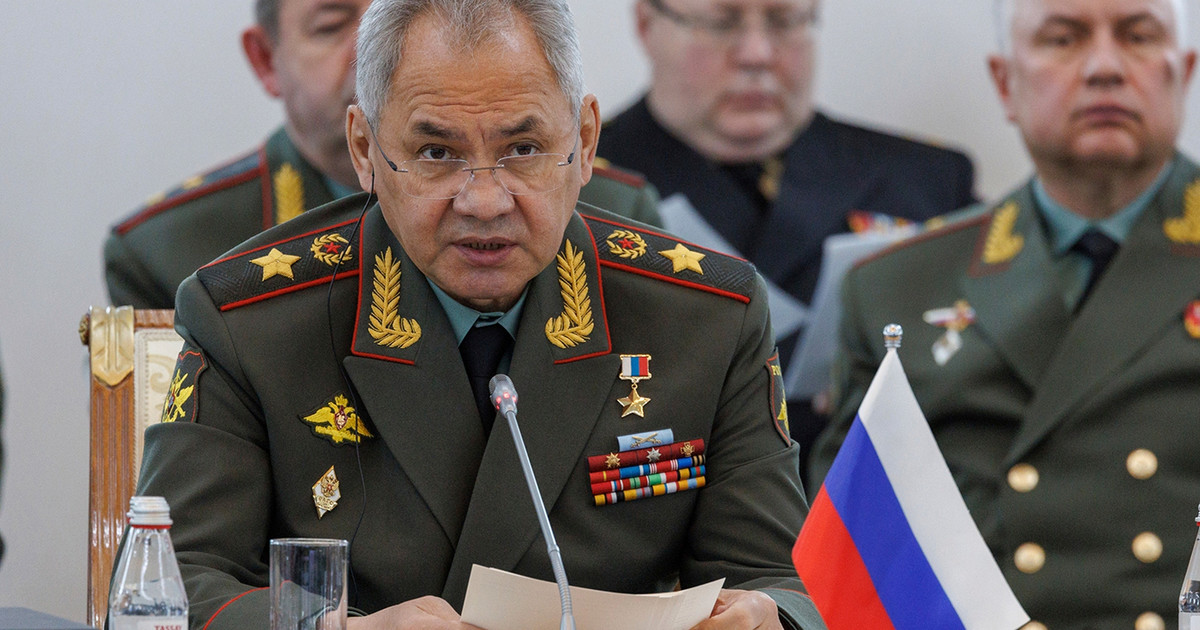Prime Minister Scott Morrison has walked through Australia on the last day of the election campaign, insisting he can still win tomorrow’s election, Saturday, despite opinion polls showing a change of government or no majority party. in the new parliament.
Morrison and opposition Labor leader Anthony Albanese targeted marginalized seats in four states during the last 48 hours of the six-week campaign, which showed that wage increases were lower than inflation. , which holds a record low, fuels claims by both that they can manage the economy better than the other.
A poll by Ipsos, published by the Australian Financial Review, found that the Labor Party was ahead of Morrison’s Liberal and National Party ruling blocs by 53% to 47% when the vote split into the top two.
But the Labor Party’s share of the initial vote was reduced to 36% and that of the ruling coalition to 35%, with smaller parties and independent candidates garnering almost a third of the vote, increasing the chances of a minority government.
Morrison, in a flurry of media interviews this morning, said he could still win and stressed his adequacy in the economy.
“What I have shown over the last three years – not everyone agreed with me … and not everyone likes it – but that is not the question. The question is who can manage the country’s finances to keep interest rates low, to “Keep the cost of living low,” he told ABC News Breakfast before continuing his campaign in Western Australia.
Albanese campaigned this morning with former Labor Prime Minister Julia Gillard in the South Australian state of Adelaide, stepping up his attack on the government’s performance on gender equality and climate change, issues raised by independents.
Gillard, Australia’s first female prime minister, has called on women to vote for the Labor Party. “I am convinced that it will be a government for women,” she said.
In 2010, after no parliamentary majority emerged from the election, Gillard formed a government after lengthy negotiations with independent and smaller parties.
Independent candidates are vying for Liberal seats, campaigning for action against climate change following the floods and wildfires that have plagued Australia and criticizing the government for its moral integrity and equality.
Another challenge for the big parties is billionaire Clive Palmer’s Australian $ 40 million United Nations Party’s advertising campaign, which is dropping candidates across the country.
Electoral rules have changed today to allow all Covid-19-positive voters to vote by telephone. More than 6.5 million of Australia’s 17 million voters have already cast their ballots in advance or by ballot. In Australia, voting is mandatory.
Battles for the cost of living
The government cites the fact that it backed the economy during the Covid-19 pandemic, citing data released yesterday, Thursday, which shows that the unemployment rate in Australia fell to 3.9% in April, the lowest in 48 years. .
Labor says companies have struggled to find workers since Australia closed its borders, citing other figures showing that wages have risen by only 2.4%, the lowest level since 1998. It wants to raise the minimum wage to keep pace with current inflation of 5.1%.
“Australians are having a hard time, they know wages have fallen by 2.7%,” Albanese said today. Asked about the possibility that there will be no clear result tomorrow night, if the independents get a lot of votes, he asked the citizens to vote for the Labor Party.
“Either we will have three years of the same or I will be the one who wants to unite the country, the one who wants to include everyone, the one who wants to end the division, the one who wants to end the climate wars,” he said.
Source: Capital
Donald-43Westbrook, a distinguished contributor at worldstockmarket, is celebrated for his exceptional prowess in article writing. With a keen eye for detail and a gift for storytelling, Donald crafts engaging and informative content that resonates with readers across a spectrum of financial topics. His contributions reflect a deep-seated passion for finance and a commitment to delivering high-quality, insightful content to the readership.






